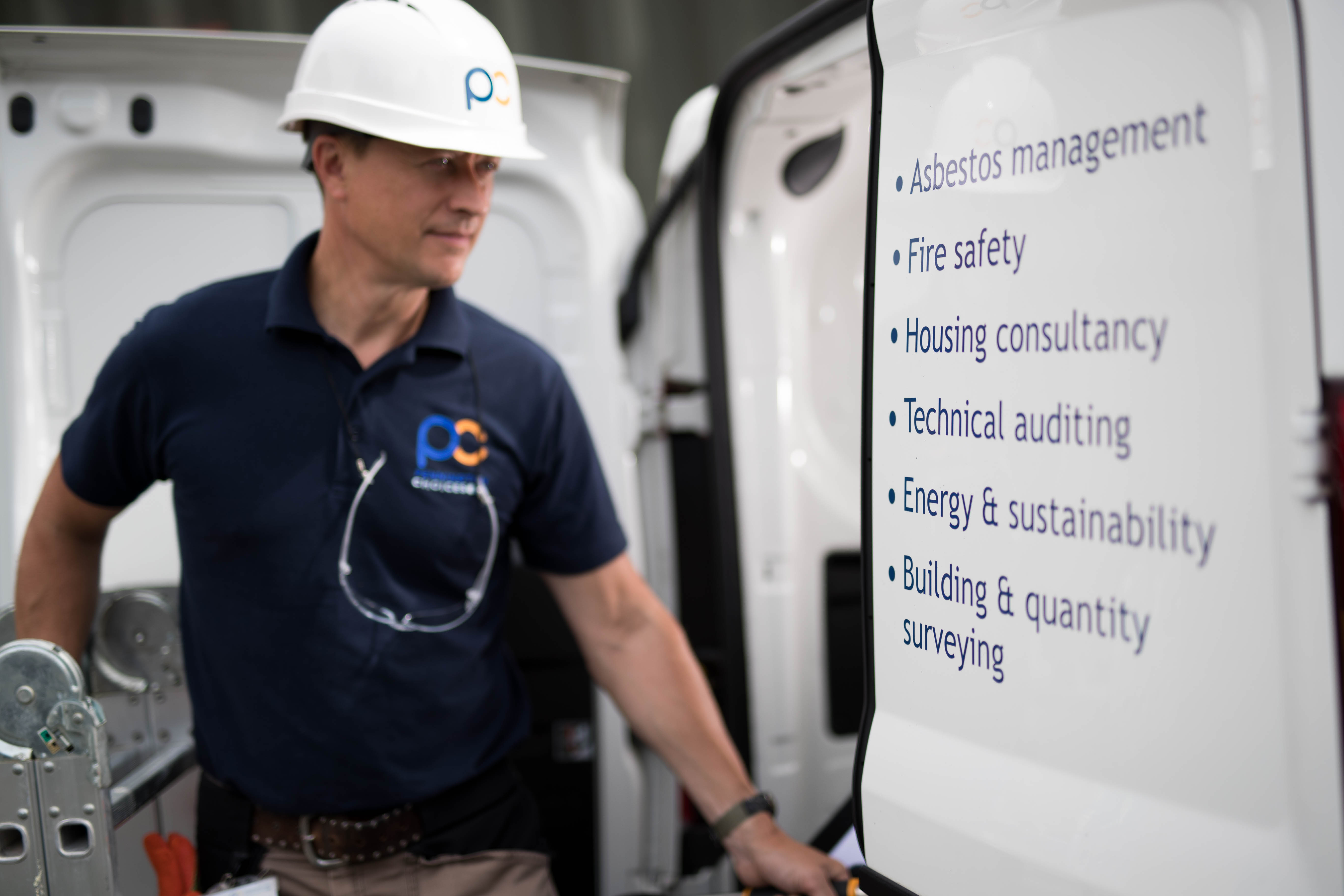Sign up to our newsletter
Social distancing
In these extraordinary times, many businesses are having to re-think how they operate. This may mean returning back to work whilst ensuring social distancing measures, or it may mean having some employees working from home, or for many, a mixture of both. The aim of this blog is to hopefully provide a bit more clarity and advice in a fast moving situation.
Essential and non-essential work
So who then can carry on working during lockdown? The Health and Safety Executives (HSE) stance is that with the exception of some non-essential shops and public venues, they are not asking any other businesses to close – indeed it is important for business to carry on. Where it is not possible for employers to guarantee social distancing measures, whilst at work, then employers should take every possible step to facilitate their employees working from home. Also if employees are able to travel for work purposes, they should not go into work if they are showing coronavirus symptoms and if any of their household are self-isolating.
Employers who have people in their offices or onsite should ensure that employees are able, where possible, to follow Public Health England guidelines on social distancing this means:
- Where possible, maintaining a two metre distance from others;
- Maintaining hygiene measures such as washing their hands with soap and water often for at least 20 seconds; and
- If you are travelling to your workplace you will still need to observe the social distancing guidance whilst you are travelling, as far as is practical.
Risk assessment
For those businesses that are able to remain open, it is also important to set out what you are doing to protect your workforce, and others during this pandemic, by providing a COVID-19 risk assessment that explains what controls you have in place. The virus is a biological hazard, and like any workplace hazard, control measures need to be put in place to reduce the risk of someone being infected. Normally we would aim to eliminate hazards where possible; however, in this case, removing the hazard isn’t possible. Instead, employers’ must introduce suitable and sufficient control measures to reduce the risk of contracting the disease to as low a level as is reasonably practicable. The assessment should, therefore, consider the following:
- How can you ensure a two-metre gap is maintained between employees and any other persons that may be affected by the work activity? Public Health England has provided several examples of how to implement social distancing in the workplace and practical solutions such as queue management and working side by side or with backs to one another.
- Are handwashing facilities in place, including hot and cold running water, soap and disposable hand towels? If these aren’t available, consider providing hand sanitiser.
- Are disposable tissues available to reduce the threat of transmission?
- Is there an effective action plan in place to deal with someone with suspected symptoms?
- How and when will certain heavily used areas and hand-contact points be disinfected to prevent spread?
- Can you display education pieces, such as symptoms charts and handwashing guidance, throughout the workplace to raise awareness and promote safe practices?
- How do you plan to monitor the health of employees and ensure the company/organisation remains up to date with the latest guidance?
- Are contractor management and visitors managed appropriately? Potential control measures may include only allowing essential work to take place, providing handwashing facilities, and ensuring social distancing is maintained.
RIDDOR reporting & Coronavirus
It is also important to note that the HSE have provided some additional requirements for reporting to them about Corona Virus. You must report to the HSE under RIDDOR (The Reporting of Injuries, Diseases and Dangerous Occurrences Regulations 2013) when:
- An unintended incident at work has led to someone’s possible or actual exposure to coronavirus. This must be reported as a dangerous occurrence.
- A worker has been diagnosed as having COVID 19 and there is reasonable evidence that it was caused by exposure at work. This must be reported as a case of disease.
- A worker dies as a result of occupational exposure to coronavirus.
How Pennington Choices can help…
At Pennington Choices we have over 15 years’ experience in providing occupational health and safety services to clients of all sizes across a range of sectors including; property, healthcare and sports and leisure. We know what good looks like, and our clients can support this.
Our expert and qualified Health and Safety Consultants would be very happy to assist you by acting as your competent person to ensure that you are complying with The Management of Health and Safety at Work Regulations, 1999.
How can I get in touch to find out more?
If you would like to find out more about our competent advice service, you can do so by getting in touch with our experts today by emailing consultancy@pennington.org.uk.
.webp?width=600&height=150&name=Pennington%20Choices%20Logo%20(reduced).webp)




